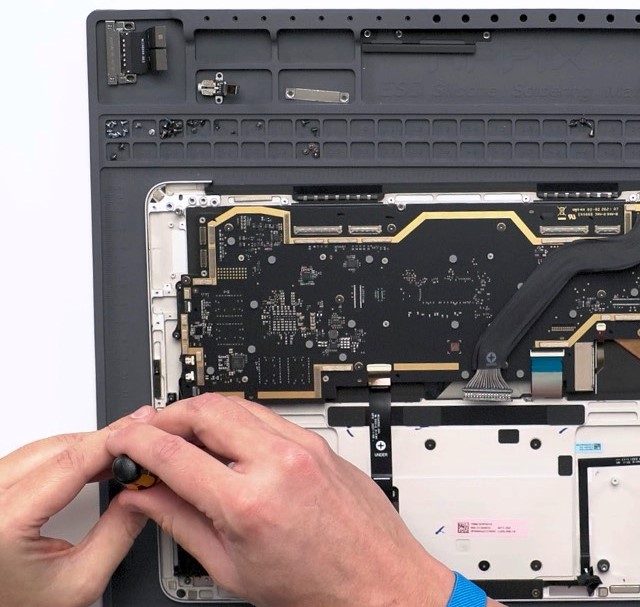Kiwi employers welcome Zero Carbon Bill
New Zealand’s SME employers are strongly in favour of the Coalition Government’s target to reduce net emissions by 2050 says MYOB. According to the software company’s latest Business Monitor Employers’ […]
New Zealand’s SME employers are strongly in favour of the Coalition Government’s target to reduce net emissions by 2050 says MYOB.
According to the software company’s latest Business Monitor Employers’ Snapshot – a survey of 300 local SME employers nationwide – exactly half (50 percent) say they support the Government’s recently passed Zero Carbon Bill, while only 21 percent oppose it.
More than a fifth (21 percent) say they strongly support the Bill, while only nine percent say they strongly oppose it. A quarter (25 percent) say they neither support nor oppose the Zero Carbon Bill.
Larger businesses – those that employ more than 50 people – are more likely to support the Government’s emissions target. Fifty-eight percent say they are in favour of the Bill to reduce emissions by 2050, while only 22 percent say they are against it.
MYOB country manager Ingrid Cronin-Knight (pictured) said climate change has become a key driver for local employers, as they seek to improve their carbon footprint and do their bit for the environment.
“Over the next decade, climate change is going to have quite an impact on small to medium sized businesses and the people they employ,” she said. “Rising fuel prices, threats to food security, loss of natural resources, as well as severe weather conditions could lead to an economic slowdown. In contrast, there is a lot of opportunity for those businesses that harness technology to create innovative approaches to solve climate change issues.
“Ignoring the issue will have major economic consequences, so it’s great to see so many Kiwi businesses adapting to regulatory, environmental and consumer pressures, and supporting sustainability initiatives such as the Zero Carbon Bill.”
According to the Government, the purpose of the Bill is to provide a framework by which New Zealand can develop and implement clear and stable climate change policies that contribute to the global effort under the Paris Agreement.
Labelled a cornerstone of the Labour-Green confidence and supply deal, the Bill will commit New Zealand to a zero carbon emissions target by 2050. An independent climate change commission will also be established to monitor and report on the transition.
Rural communities strongly support the Bill
While the primary industries sector produces most of New Zealand’s methane gas emissions, Ingrid Cronin-Knight said employers located in New Zealand’s towns and rural areas are more likely to support the Bill than those operating in metropolitan areas.
“Under the Bill, methane gas emissions will need to be reduced by ten percent by 2030,” she said. “While this target has come under scrutiny from the agricultural sector, it’s promising to see rural operators strongly support the Bill despite the challenges and costs they’re likely to face on the road to zero emissions.”
Fifty-four percent of employers in a rural area or town are in favour of the Zero Carbon Bill, while 18 percent are against it. In contrast, 48 percent of employers in metropolitan areas such as Auckland, Wellington and Christchurch say they support the Government’s target to reduce emissions. Twenty-three percent oppose it.
The Zero Carbon Bill was introduced to Parliament on the 8th of May and is currently being reviewed by the Select Committee. A report is due on the 21st of October.






